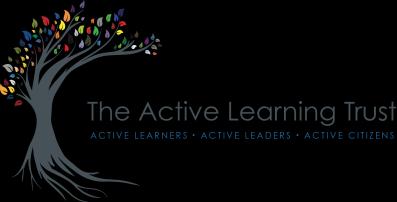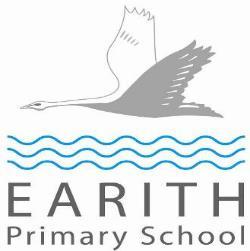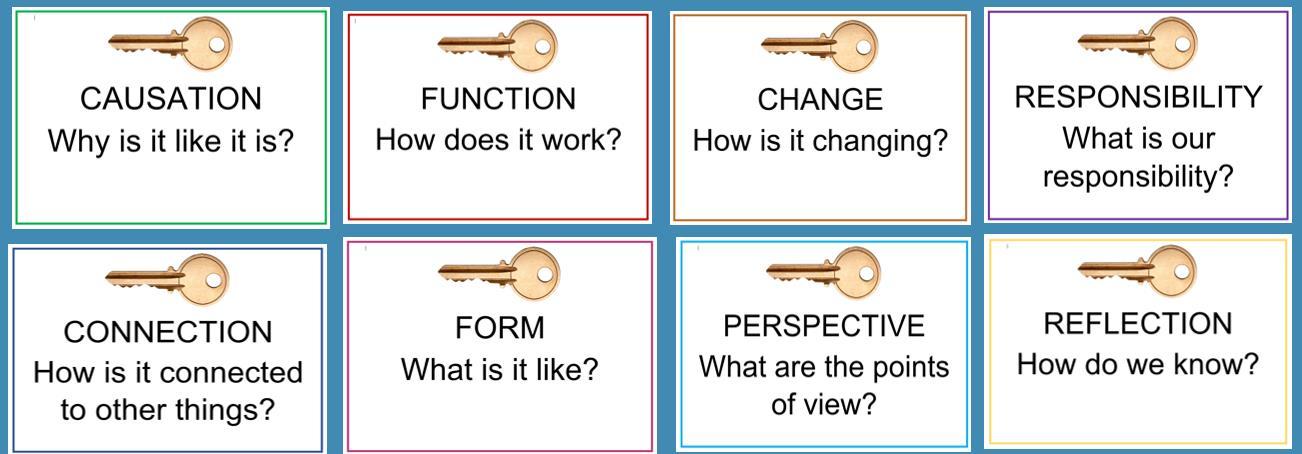
Intent
It is our intent for pupils:


It is our intent for pupils:

To develop a life-long love of music.
To develop the knowledge, skills and understanding necessary to become confident performers, musicians and listeners.
To appreciate and respect music from around the world and across generations
To develop an understanding of the historical and cultural context of the music that they listen to
To develop the musical skills of singing; playing tuned and untuned instruments; improvising and composing music, and listening and responding to music.
To learn how music can be written down.
The school uses Kapow Primary in order to support the delivery of the Earith Music Curriculum. Kapow Primary aims to provide children with an engaging, knowledge-rich & progressive curriculum.
Where appropriate, links are made across subject disciplines to enable children to make meaningful connections. This is further enhanced by teachers referencing how the school’s Key Concepts may link to the particular music lesson or unit being taught, and to that of other subjects recently or previously taught – building pupils’ schema, over time:
Earith Primary School’s Key Concepts:

Units of study are carefully sequenced by the Curriculum Lead, for mixed age classes, in a two year cycle (A and B), to allow for progression from KS1, LKS2 and UKS2 as well as through the academic year. The progression of skills is tracked by teachers using the Chris Quigley Curriculum Milestones.
Previous knowledge and skills are built upon as children progress through school. Children progress in terms of tackling more complex tasks, as well as developing a deeper understanding and knowledge of the history of music and musical notation.
Knowledge organisers are used to complement teaching & learning at the class teacher’s discretion. These are made available to parents, alongside the curriculum newsletter for each half term.
The music curriculum takes a holistic approach to music, weaving together the following strands to create an engaging and enriching learning experience:
Performing
Listening
Composing
The history of music
The inter-related dimensions of music
Music in the EYFS Framework falls under the Expressive Arts and Design Area of Learning. The Characteristics of Effective Learning are threaded through all aspects of learning and are the fundamental ways in which children within EYFS learn. During the Early Years, children will be developing knowledge, skills and understanding, which will prepare them for the Year 1 curriculum. The Kapow units enable children to explore how to use their voices and bodies to make sounds as well as experimenting with musical instruments. They will learn a variety of songs, including action songs and have the opportunity to compose and perform their own short pieces of music.
Alongside this, children in the Early Years are able to explore their own musical interests, allowing for a greater depth of learning and involvement, for example, through regular access to percussion instruments in provision. The use of songs and rhymes in the wider curriculum further supports the music curriculum.
KS1 & KS2
Each five-lesson unit combines the individual strands within a cross curricula topic designed to capture pupil’s imagination and encourage them to explore music with enthusiasm. Throughout KS1 and KS2 children will be taught to sing fluently and expressively, and play instruments (tuned and untuned) accurately and with control. They will learn to recognise and name the interrelated dimensions of music (pitch, duration, tempo, timbre, structure, texture and dynamics) and use these in their own improvisations and compositions.
Music lessons take a hands-on approach, through a variety of independent, paired and group work. Tuned and untuned instruments are used at the discretion of teachers to support children’s learning. The school’s Music Room is equipped with a wide range of instruments which are used to support delivery of the Earith Music Curriculum and/or for other musical activities/enrichment.
Weekly singing assemblies support our intent, as do music-related visitors and opportunities for children to perform singing and playing musical instruments at events such as the Christmas performance and class assemblies.
The Earith Primary School Song 1 & 2 has been composed by pupils in conjunction with Historic England and alongside Cambridgeshire folk band, The Young’Uns. These songs are performed regularly, either as part of weekly singing assemblies, or at school events: Sports Day, Christmas performances, for example.
Additional opportunities are offered in music: peripatetic music teachers who teach regularly in school and work closely with the Music Lead to allow pupils an opportunity to learn to play a musical instrument
Assessment:
Live, verbal feedback, is used to support and challenge children’s development in music.
End of Unit outcomes are mapped out as part of the Two Year Cycle. These have been carefully planned in order to include a range of outcomes that may further reinforce or stretch existing skills and knowledge across the curriculum.
End of unit quizzes may be used to further bolster knowledge retention and love for this subject.
The impact of the music curriculum is measured in several ways:
Formative assessment:
Teachers respond to the day-to-day emergent needs of pupils, providing support and feedback during the lesson and in informing the next steps for subsequent lessons.
Summative assessment:
At the end of each unit, there is a performance element where teachers can make a summative assessment.
Knowledge assessment:
Pupils take part in cyclical quizzes at multiple points throughout the year in order to provide an opportunity to recall what they have learnt: this process supports memory retention and recall – knowing more; remembering more.
EYFS:
In EYFS, Target Tracker is updated termly, using additional documentation, such as Development Matters, to support. At the end of the Reception Year, judgements are made against the Expressive Arts and Design Early Learning Goals.
Leadership:
The Music Lead engages with, and leads on, music CPD to ensure that they, and all staff, have the subject knowledge necessary to
deliver the Earith music curriculum.
The Music Lead monitors and evaluates the music curriculum through a range of sources: lesson visits/typicality walks, planning scrutinies, pupil learning conversations, observing performances, response to CPD and teacher review meetings. Triangulated, these sources form the basis of evaluating the impact of the curriculum on pupils’ knowledge & skills. As a result, the Music Lead’s subject Action Plan is further informed by emerging strengths and priorities. The Music Lead uses our intent for the subject, as specified at the beginning of this document, to underpin their Action Plan. They also draw on relevant research when identifying and leading on actions that will drive the subject forward in our school.
The Music Lead reports to the Earith governing body regarding the quality of education in music.